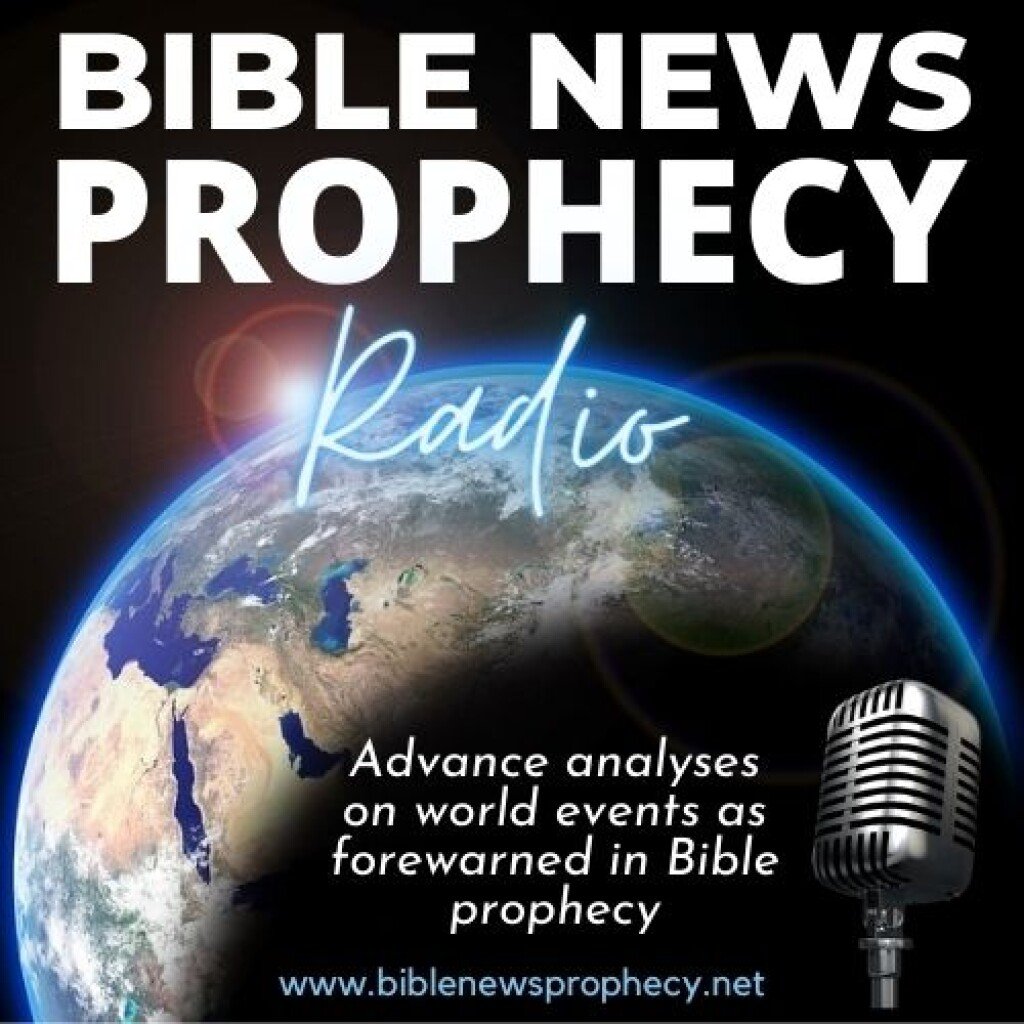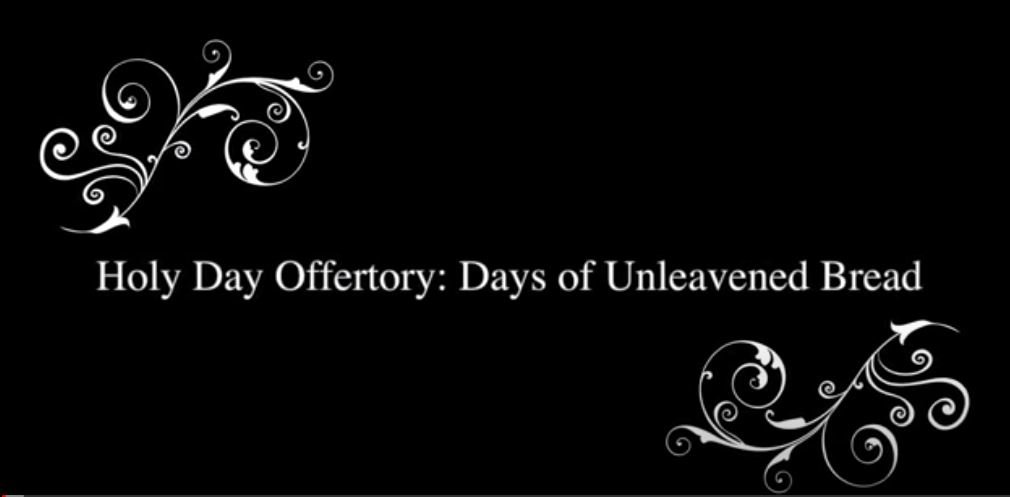
Which days did Jesus, His disciples, and early Christians observe that came in the Fall? Do we have any references from them in the Old and New Testaments? Might the gap between Pentecost in the 2nd chapter of the Book of Acts and the fulfillment of the Feast of Trumpets symbolize the Christian church age? What about later Greco-Roman-Protestant holidays, Emperor Constantine, and Mithraism? Did early Christians keep the Day of Atonement or the Feast of Tabernacles? What about Christmas or Halloween? Does the Bible warn against combining demonic worship practices with biblical ones? Can Holy Days be observed outside of Jerusalem? What did John Chrysostom teach about the biblical Holy Days? Have the meanings of the Fall Holy Days been fulfilled in Christ? Should Christians accept traditions over the word of God? What is the basic meaning of the Feast of Trumpets, Day of Atonement, Feast of Tabernacles, and the Last Great Day? Do Holy Days have anything to do with God’s plan of salvation? Dr. Thiel addresses these issues and more.
A written article of related interest is available titled: Did Early Christians Observe the Fall Holy Days?
A free online booklet is also available titled: Should You Keep God's Holy Days or Demonic Holidays?


















